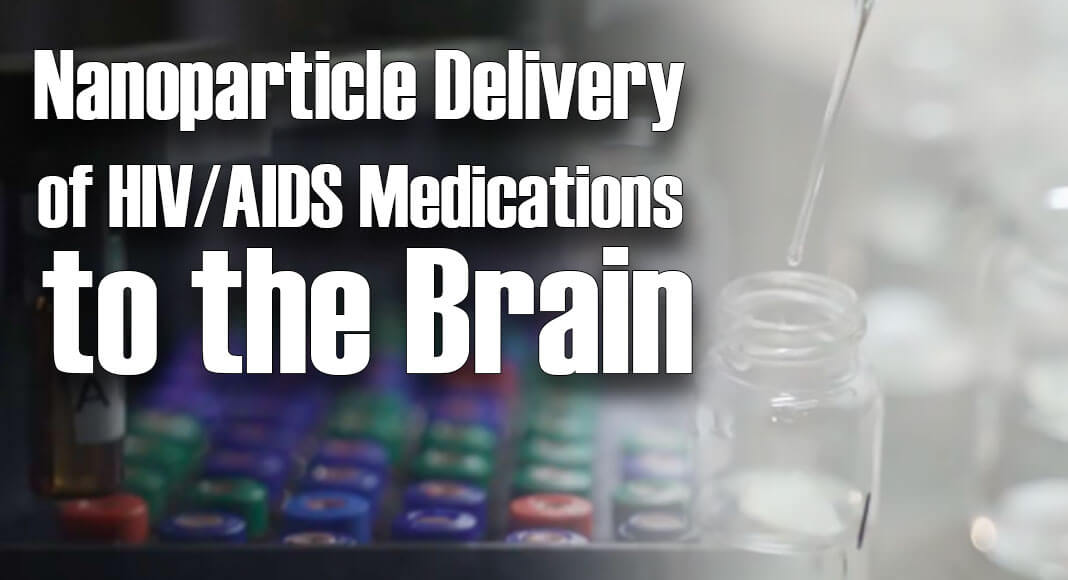
Mega Doctor News
by University of Miami Health System, Miller School of Medicine
Newswise — A University of Miami Miller School of Medicine biochemistry researcher has found that a nanoparticle drug delivery system can reduce HIV/AIDS viral reservoirs in the brain that normally contribute to neurological problems.
“While HIV can be managed as a chronic condition, current drugs cannot cross the blood-brain barrier,” said Shanta Dhar, Ph.D., associate professor of biochemistry and molecular biology, and assistant director of technology and innovation at Sylvester Comprehensive Cancer Center at the University of Miami Miller School of Medicine. “Therefore, the ability of nanoparticles to deliver antiretroviral drugs to the brain is a significant breakthrough that could potentially improve the treatment of brain cancers and other diseases.”
For the past decade, Dr. Dhar has been studying a polymer chain nanoparticle as a vehicle for intracellular drug delivery. Her latest laboratory study, “Brain-Accumulating Nanoparticles for Assisting Astrocytes to Reduce Human Immunodeficiency Virus and Drug Abuse-Induced Neuroinflammation and Oxidative Stress,” was published recently in the American Chemical Society journal, ACS Nano.
Miller School co-authors were Bapurao Surnar, Ph.D; Anuj S. Shah; Minseon Park, Ph.D; Akil A. Kalathil; Mohammad Z. Kamra, Ph.D.; and Michal Toborek, M.D., Ph.D. The research team included Nagesh Kolishetti, Ph.D., as a corresponding author; his student, Royden Ramirez Jaime; and Madhavan Nair, Ph.D.; all from the Herbert Wertheim College of Medicine, Florida International University.
Drs. Dhar and Kolishetti said, “Using an experimental model, we were able to use biodegradable brain-targeted polymeric nanoparticles to reduce the HIV/AIDS viral burden. We also included antioxidant and anti-inflammatory neuroprotectants to address stress and inflammation in the brain cells.”
Dr. Dhar noted that nanoparticle drug delivery offers a new strategy for treating HIV-associated neurocognitive disorders, such as HIV dementia, which can be magnified by recreational drug use in HIV-positive individuals. She added, “Looking ahead, this therapeutic strategy, which we have demonstrated in our laboratory, has great potential for improving treatment of a wide range of brain diseases.”










